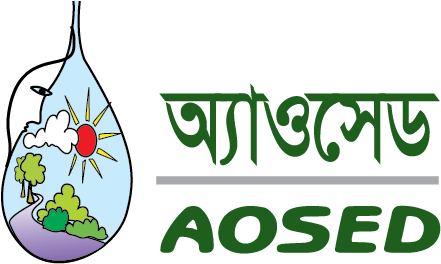Sustainable Effect to Ensure Access to Safe Drinking Water and Sanitation in South West Bangladesh Project
In the southwest coastal regions of Bangladesh, including Pankhali, Dacope, and Kailashgonj Union of Dacope Upazila, Khulna District, access to safe drinking water and sanitation facilities was severely lacking. Salinity in ground and surface water, along with arsenic contamination, posed significant health risks to the local population, leading to negative health, social, and economic outcomes. The situation was recognized as a barrier to poverty reduction and improving overall wellbeing, as highlighted in international development goals such as the Millennium Development Goals (MDGs).
The project aimed to address these challenges comprehensively. Implemented over a period of 36 months from January 2011 to December 2013, the project targeted 7624 households, comprising 37,800 individuals, particularly those marginalized socio-economically. Through a partnership with SIMAVI, the Netherlands, the project focused on several key activities, including forming People's and Civil Society Organizations (CSOs), capacity building, awareness campaigns, and advocacy efforts. The objective was to ensure access to safe water and sanitation, promote behavioral changes in health hygiene practices, and develop an effective maintenance system for water points.
The intervention yielded significant achievements in improving access to safe water and sanitation facilities and promoting community engagement and empowerment. Key outcomes included the formation of active committees with 70% female participation, enhanced skills and knowledge among community members, and the construction/repair of 26 water points benefiting approximately 4300 households. Additionally, the project extended its impact to rural schools, where sanitation facilities were enhanced for 2560 students and teachers, contributing to improved hygiene practices. Through advocacy efforts, the project influenced policy decisions, leading to cancelation of pond leases and increased responsiveness of government institutions to address community needs. Overall, the project showcased the effectiveness of multi-stakeholder collaboration in addressing complex challenges related to water and sanitation in coastal regions.




